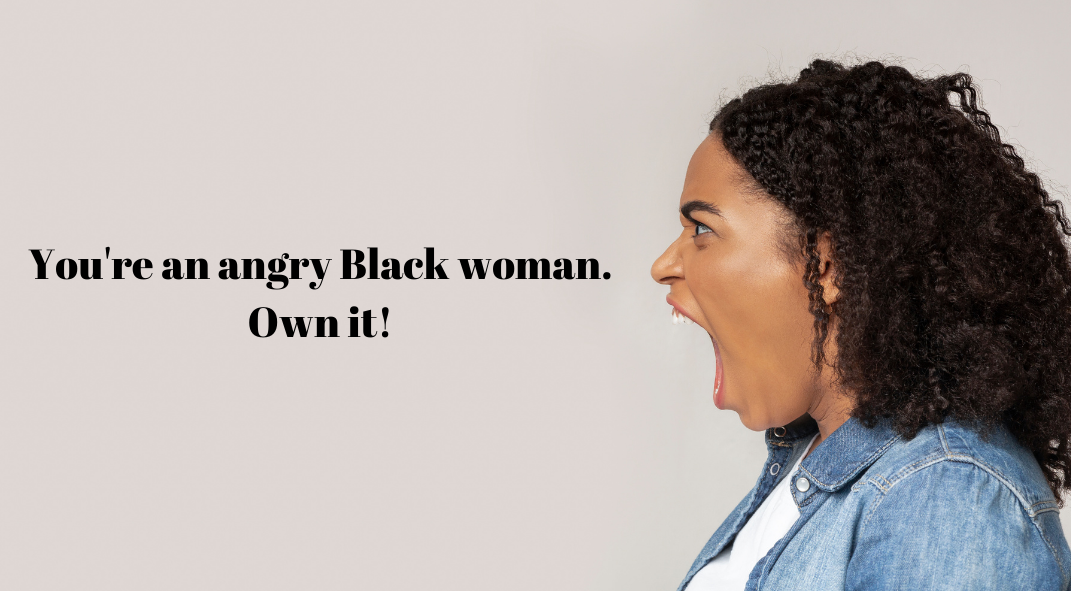Credit: MimagePhotography for Canva
Racism can feel like a daily occurrence in America, and there are so many ways we can experience it. There’s the random white woman touching your hair without your permission. The passive-aggressive colleagues who never really liked you and you think you know why. Or even the security guard that watches you way too closely while you’re out shopping. All of these experiences, and more, can add up to racial trauma, something that affects many of us every day. Especially after 2020.
It’s all exhausting and it can take a toll on our mental health. And it can be hard to prove or even diagnose, especially when speaking to a white doctor or therapist. However, recognizing the impact of these experiences in your life can be immensely helpful. That validation can help contribute to your recovery.
In my latest article for the Sisters AARP newsletter, “We’ve Experienced Racial Pain, Here Are Ways to Heal From It”, I share tips on how to identify the effects of racially traumatic experiences and start the healing process. Click to read the full article here.






